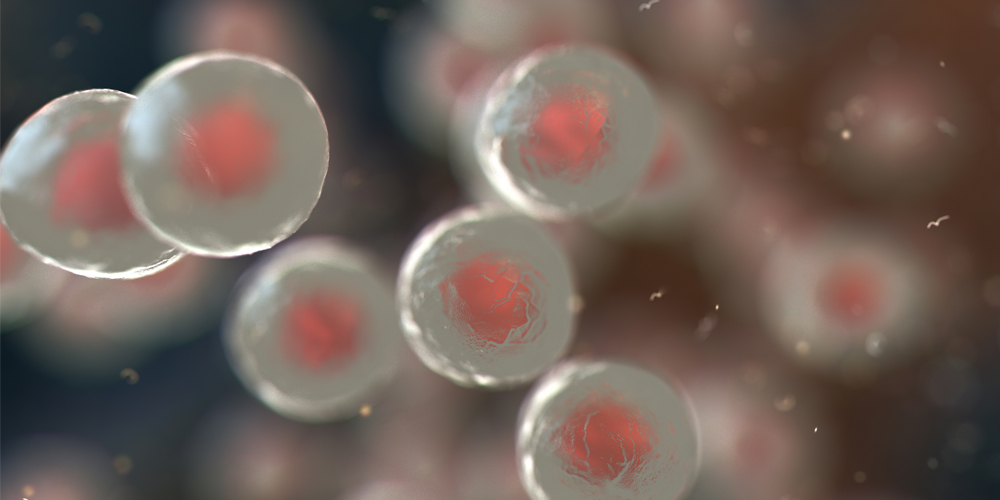How Is Multiple Myeloma Treated?
Although there is no cure for multiple myeloma, it’s still important to treat it. Many new medicines have been approved in recent years. People diagnosed today are now living longer than they would have in the past.
When someone is diagnosed with multiple myeloma, their primary doctor will send them to get treated by an oncologist, a doctor who specializes in treating cancer, or a hematologist, a doctor specializing in treating blood disorders.
The oncologist or hematologist will talk with the patient about many different treatment options, which may include:
Targeted therapies: Treatments that focus on specific features that are present on cancer cells and attack them. In many cases, these treatments are used together with other medications
Immunotherapies: Treatments that work with a patient’s own immune system to find and fight cells, including cancer cells and healthy cells
Steroids: Steroids help relieve inflammation in the body. Higher doses of steroids also kill myeloma cells
Stem cell transplant: A medical procedure that may be used as a treatment for multiple myeloma. It replaces unhealthy stem cells with healthy stem cells in the body after bone marrow has been destroyed
Chemotherapy and other drugs: Treatment with drugs meant to destroy or help fight cancer cells. Chemotherapy also harms healthy surrounding cells
Care for symptoms and side effects: Multiple myeloma can cause many symptoms and treatment can cause uncomfortable side effects. The healthcare team may recommend different ways to help relieve these symptoms and side effects
Getting a second opinion is common
Patients may want to talk to more than one doctor before deciding on a plan for treatment. Be sure to ask about multiple myeloma specialists in the area.
Resources to help you find a treatment center
Choosing the right healthcare team is a very important part of care. These resources may help you find a treatment center and team near you:
International Myeloma Foundation >
Multiple Myeloma Research Foundation >
Myeloma Crowd >
SparkCures >
Information about these independent organizations is provided as an additional resource for obtaining information related to multiple myeloma. It does not indicate endorsement by Bristol-Myers Squibb Company of an organization or its communications.
Your healthcare team is your best source of information.





